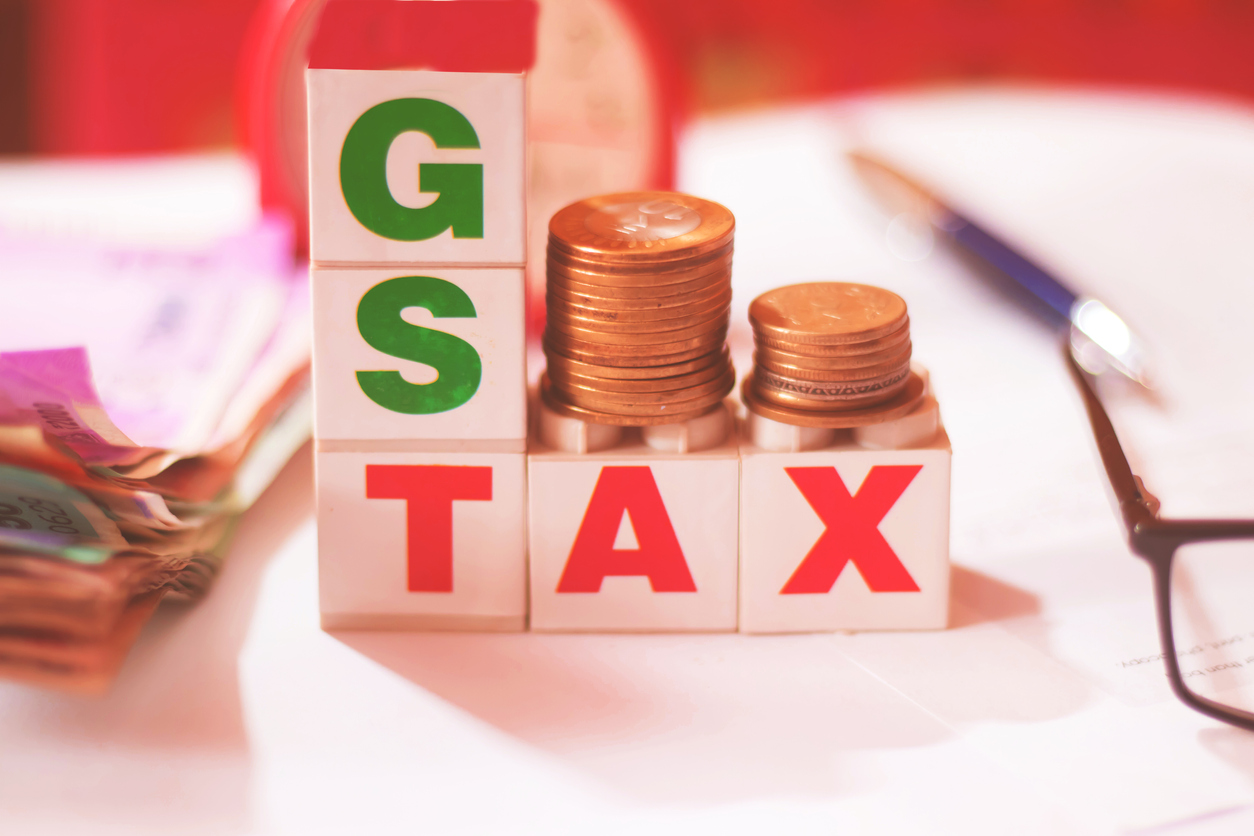
September 4, 2025
Household products including toiletries, bicycles, and kitchenware will now be taxed at 5% instead of 12% or 18%
UHT milk, paneer and all Indian breads will attract zero GST, making them completely tax-free
Packaged foods such as butter, ghee, juices, biscuits and ice cream will see rates cut from 18% to 5%
The reforms will have a fiscal impact of ₹48,000 crore but are expected to boost consumption, compliance and overall economic activity

Finance Minister Nirmala Sitharaman on Wednesday announced major Goods and Services Tax (GST) reductions, confirming that the shift to a simplified two-tier structure will deliver relief to households and businesses. The GST Council approved the new framework of 5% and 18% rates, with a special 40% slab for select luxury and sin goods. The changes will be implemented from September 22, coinciding with Navratri.
The 56th GST Council meeting, which ran for 10.5 hours, endorsed a transition from the existing four-tier system of 5%, 12%, 18% and 28% to the simplified format. Essential food items will remain exempt, while a wide range of daily-use products, packaged foods, beverages, and household goods will see significant reductions. High-end vehicles, tobacco and cigarettes will continue to attract the higher 40% rate.
Everyday items such as shampoos, soaps, toothbrushes, toothpaste, bicycles, kitchenware and tableware will now be taxed at 5%, down from 12% or 18%. UHT milk, paneer, and all varieties of Indian breads including chapati, roti, paratha and parotta will move to a nil rate. Popular food products such as butter, ghee, dry fruits, ice cream, pastries, biscuits, cereals, confectionery, juices and milk-based beverages will see tax reduced from 18% to 5%.
The rationalisation extends to consumer durables and services. Appliances including air conditioners, dishwashers, vehicles under 350cc and 32-inch televisions will move from 28% to 18%. Agricultural machinery, handicrafts, stone products and leather goods will shift to 5%. GST cuts are also being applied to cement, fertilisers, textiles, medicines, medical equipment, renewable energy devices, hospitality, wellness and other labour-intensive sectors. Lifesaving drugs will be fully exempt.
Insurance will become more affordable with complete GST exemption on all individual life and health insurance policies, including term, ULIP, endowment, family floater and senior citizen plans, as well as their reinsurance.
Revenue Secretary Arvind Shrivastava said the financial impact of the move is estimated at ₹48,000 crore but described it as fiscally sustainable for both Centre and states. He emphasised that rate rationalisation would improve consumption and compliance. Bihar’s Deputy Chief Minister Samrat Choudhary confirmed that all states supported the decision unanimously.
Source: Times of India